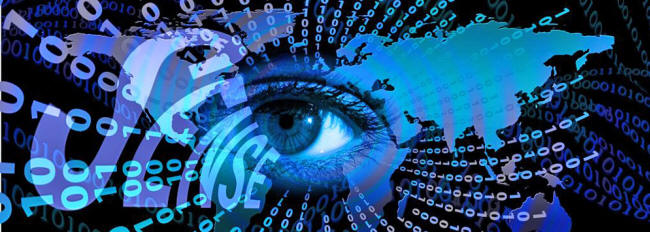|
by Gilbert Ross January 09, 2018 from SoulHiker Website
Is our perception real?
Realists believe that
there is a concrete, measurable reality, irrespective of whether we
are aware of it or not, and that this reality is accessed by our
sense perception in a fairly accurate and truthful way.
Many would agree - myself
included - that experience is the basis of all knowledge, whether
scientific, philosophical, spiritual, and more.
Scientifically, we know
that we perceive the world around us through our sense organs which
interpret 'data' such as molecules in the air into smell, light
hitting our retina travels through the optic nerve until it is
processed as visual information, pressure or heat on our skin and
hair is processed as sense of touch, and so on.
We also build
'forecasting models' in our head and we know what to expect or
anticipate when we encounter an object or situation that is similar
to another one we have stored memories of.
The reliability of our perception has been put into dispute since ancient philosophy.
Philosophers from all ages, from the ancient pre-Socratics to Descartes and the post-modernists, have questioned our perception and whether it is a reliable source of knowledge.
For most people, white is one - and maybe some can distinguish between a few shades - but for Eskimos, there are several different kinds of white since they practically live in a white world.
So humans can have different perceptions of the world depending on socio-environmental factors.
What this says is that we do not view reality as it is but other things come in play which affect what we perceive and how we perceive it.
Whatever we see, observe or measure is ultimately through our sense perception.
For a long period in
history, Science held a strong realist view of the universe, meaning
that it assumed that what we observe and measure through our senses
and instruments is exactly what is 'out there' and that reality is
objective and independent of an observer.
What we now understand is that consciousness is a basic part of reality. The world of atoms, matter, energy, plants, animals, etc, does not exist completely independent of our conscious observation of it.
In other words, the
weirdest thing that modern quantum and theoretical physics is
telling us is that our perception changes reality!
That scientific worldview is changing and now we are coming closer to what ancient spiritual and esoteric teaching has been telling us for millennia about the nature of consciousness and our sense perceptions.
Well, yes and no,
but first we need to go one level further down into the rabbit hole.
This theory is called
the simulation theory which simply
put, says that the universe and what we observe in it is very
similar to a computer simulation.
To make things even
weirder and crazier, a theoretical physicist called Dr. James
Gates Jr. has claimed to literally find a particular 'computer
code' when working out the mathematics of something called
supersymmetry, a type of maths that tries to explain everything.
So this means that there is something in the fabric of the universe and reality which not only behaves like computer code but is actually a type of computer code!
If we really are,
...can we still claim
that our perception is real?
Our sense perception forms our internal reality and also the 'shared reality' we use to make communication of feelings, ideas and words possible with others.
If we expand our
perception, we expand or shift our reality with it.
More like feeling and seeing the world through a different lens or filter - seeing the beauty and our connection to all living things, the subtle energies emitted by animals and natural objects and having deep insights about the cosmos and our role in it.
This is expanding one's reality through expanding the perception of it.
For me, the most important one is this:
This is because the question came out from a so-called dualistic understanding of reality, that is:
We are now slowly
maturing out of this dualistic model of reality.
Therefore, we can no longer assume that there is an independent reality out there and then ask whether our perception of it is 'real' or accurate.
What we can start saying,
however, is that our perception of reality is an integral part of it
and it both affects and is affected by it...!
|







